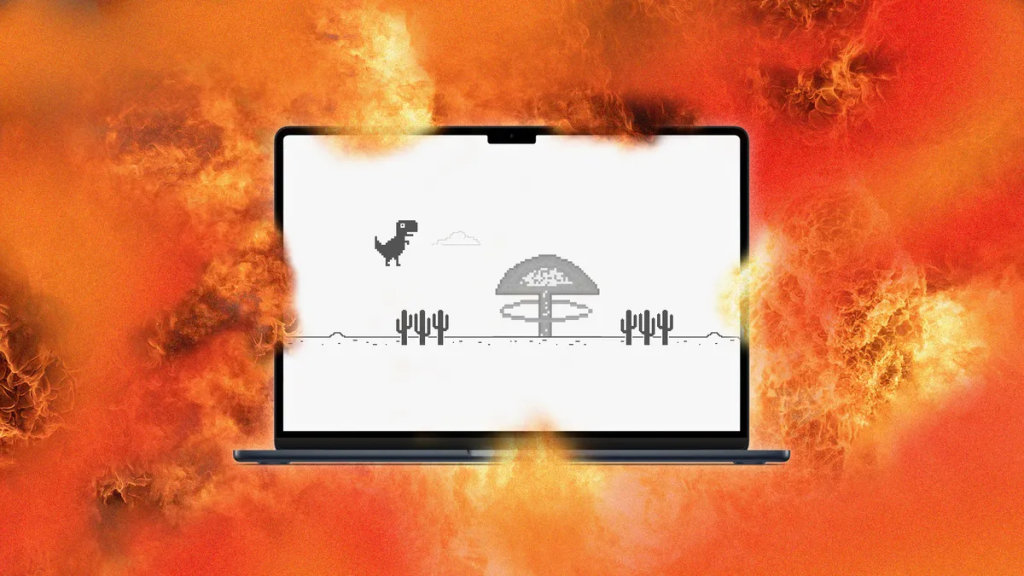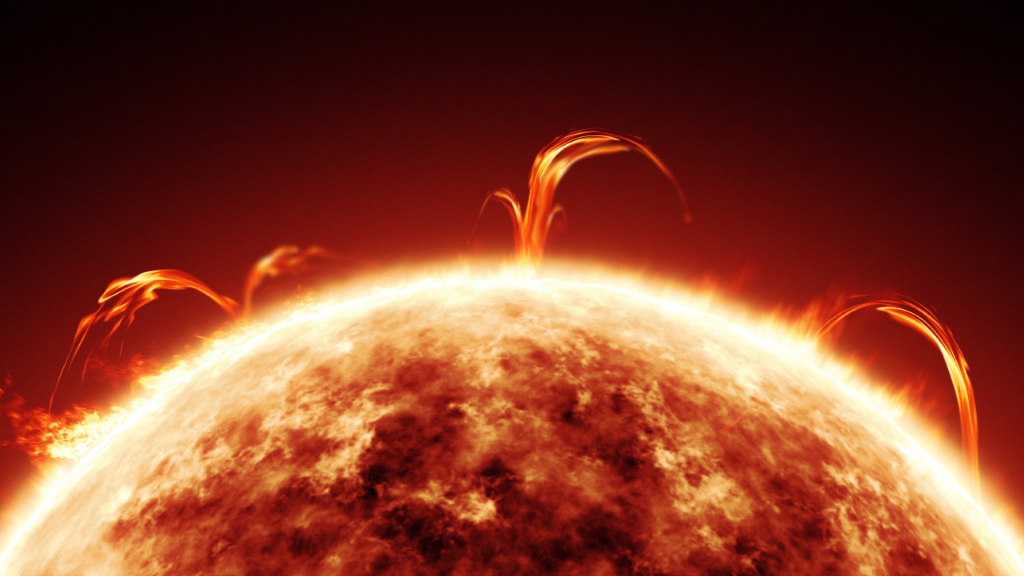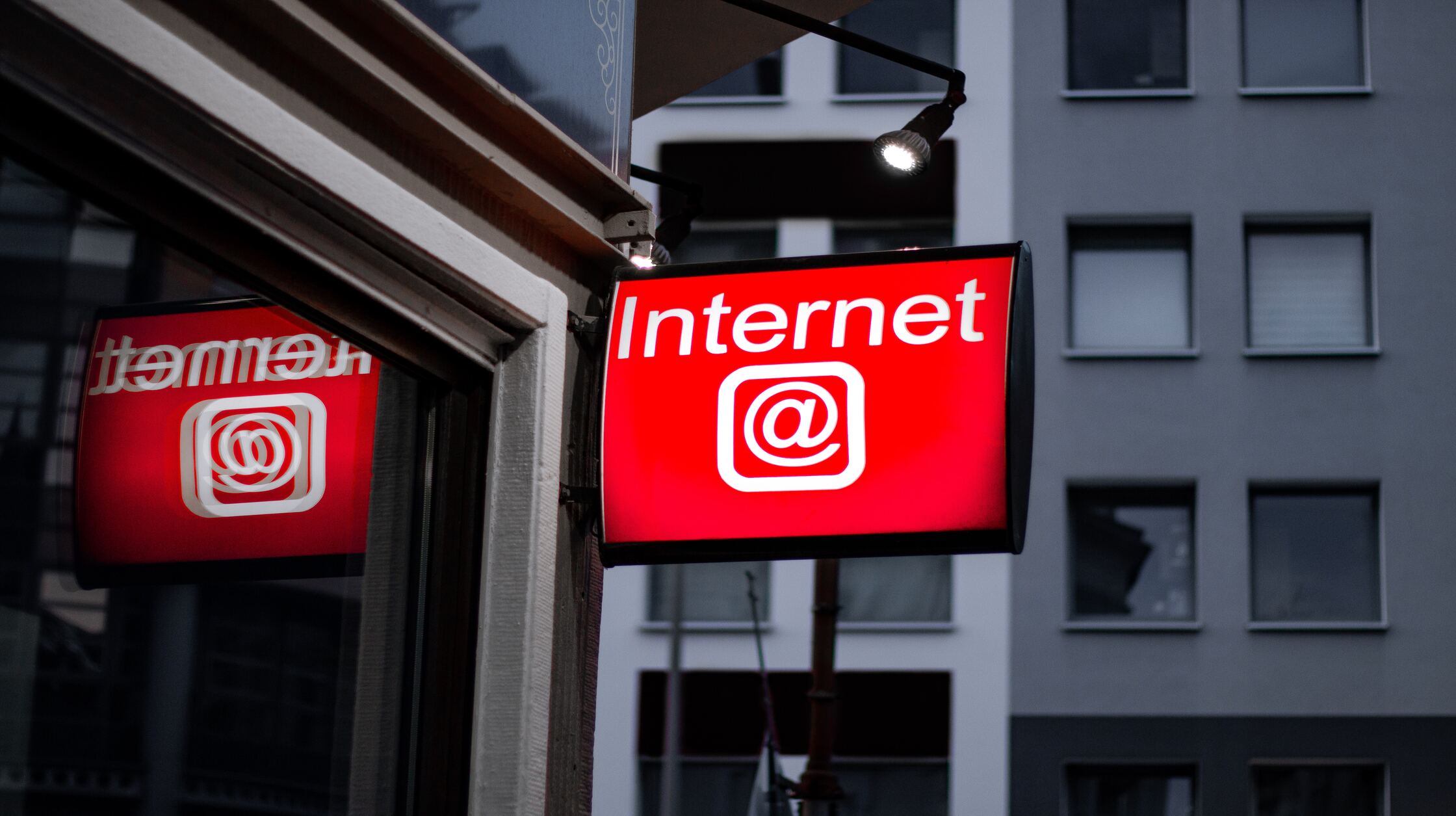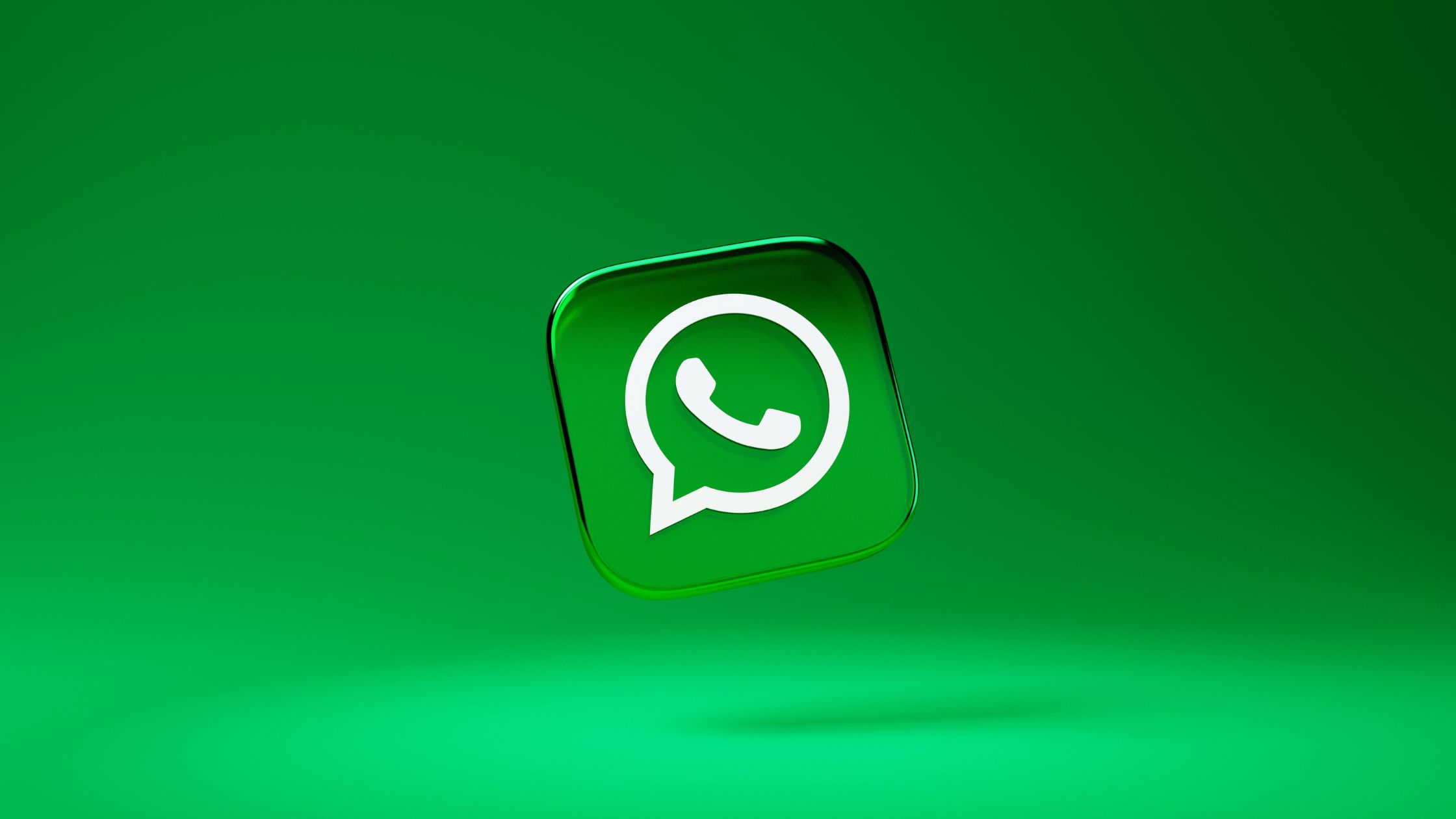The concept may appear to be pulled straight from a science fiction novel: a solar superstorm unleashing colossal magnetic fields, tearing through Earth’s magnetosphere and consequently sending shockwaves through human infrastructure. As the usual ethereal hues of the Aurora Borealis fill the skies far south of their traditional boundaries, our connection to the digital realm suddenly flickers and vanishes.

Indeed, while we physically remain unscathed, the digital thread that connects the fabric of modern society is abruptly severed, propelling us back to a seemingly archaic, pre-digital age. The so-called “internet apocalypse” has become a hot topic on social media, sparking a slew of misinformation about non-existent NASA alerts and spawning fervent speculation about the potential ramifications of such an event.
It’s understandable why this idea has gained traction. With the vast majority of human life intertwined with the internet, its absence could have catastrophic implications. While the notion of an “internet apocalypse” carries a certain dramatic allure, it isn’t entirely rooted in fantasy. As experts confirm, a potent solar storm hitting Earth — a rare but entirely plausible event — could indeed trigger a widespread internet outage.

According to Jyothi, a severe solar storm could potentially disrupt large-scale infrastructure, such as submarine communication cables, leading to a breakdown in long-distance connectivity. Furthermore, she points out that northern latitudes, where a significant portion of the internet infrastructure is concentrated, are especially vulnerable to solar storms. Yet, these factors are currently not considered in our infrastructure planning.
The economic repercussions of such a large-scale outage could be immense, with the loss of a single day’s connectivity in the United States alone potentially costing over $11 billion. Despite the severity of the potential fallout, Jyothi believes that the responsibility of preparing for such a phenomenon falls largely on the shoulders of governments and corporations, rather than individuals.
At the same time, scientists are enhancing our understanding of solar activity, specifically the mechanics of solar winds, which they attribute to a process known as “magnetic reconnection.” This knowledge may eventually bolster our predictive abilities in terms of space weather, potentially allowing us to foresee and mitigate the impacts of solar superstorms.
The idea of an “internet apocalypse” undoubtedly fuels fear and uncertainty, but it also highlights our society’s critical dependency on digital connectivity. It’s a stark reminder that while we might have mastered the digital world, we remain at the mercy of the cosmic one.




